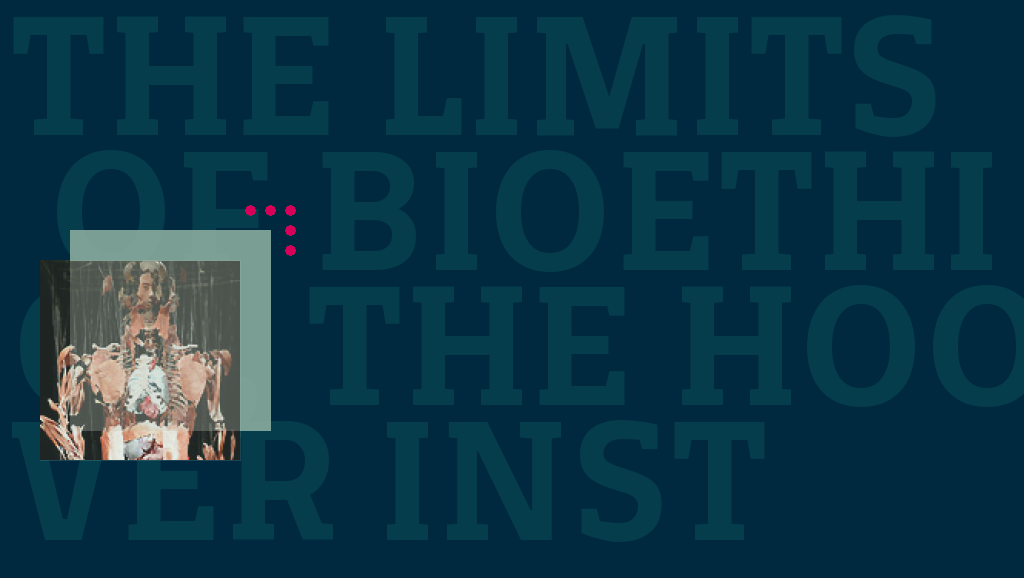In Stanford University’s Hoover Institution Policy Review this week Sally Statel raises the question of “The Limits Of Bioethics”. Carrying the secondary title “Where the profession ends and politics begins”, Statel bases her argument round the example of a stranger who donates half of his kidney to save the life of a middle aged woman after reading a request made by her daughter on a website.
The website MatchingDonors.com publishes requests for organs from possible matching donors, offering no payment and stating “It is absolutely against the law to have any financial benefit from organ donation” and that “If you are paid, or request to be paid, for any transplant you will be prosecuted to the full extent of the law. Violators of this criminal prohibition, can be subject to $50,000 fines and/or five years of imprisonment. Our terms allow us to give all of your personal, contact and tracking information to the FBI without your permission if you violate this prohibition”.
The site does however contain a section entitled “Earn money and win scholarships by referring people to matchingdonors.com”, offering a percentage on subscriptions that come through recommendation and offering scholarships to the 6 best “recommenders”. This fact is however overlooked in the Statel article.
As the article explains, several people including doctors and bioethicists have criticized the site, arguing that the idea promoted is that “my needs are the most important here”, leading to queue jumping and undermining the official system. Others obviously disagree arguing that without the website the offers would not exist, benefiting the system as it removes people from the waiting list. And here we find the crux of the argument, who is qualified to make a judgement on arguments such as these?
The article goes on to address the divisions within the bioethics community, its origins and make-up. One of the most critical questions raised is whether it is politically desirable for society to credit a designated group called “bioethicists” with expertise in resolving the most difficult moral questions? Another is on which basis these people should be credited as experts.
The questions of the moral basis for taking the “right decision” and in which fields bioethics should be practised are also raised, as are problems associated with human experiments and priorities for bioethicists. The link between politics and ethics is also aired with an explanation of the differences between the policies followed by the Bush and Obama administrations.
An interesting, informative and critical article, well worthy of 20 minutes reading time and a little critical thought.
(photo: Transformer – by jurvetson from Flickr)
















